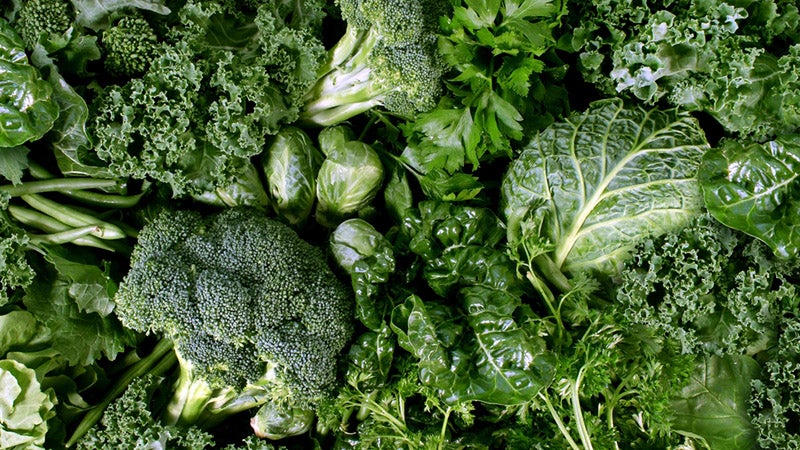4 Nutrients That Help Prevent Stress Fractures

Photo: <a href=http://shutterstrock.com>Shutterstock.com</a>
Magnesium
This nutrient stimulates the production of calcitonin, a bone-preserving hormone. It also helps your body process vitamin D and calcium. Good sources are almonds, bananas, avocados, dried beans, lentils, nuts and whole grains.
RELATED: Why Endurance Athletes Need Magnesium
Vitamin K
Required for the synthesis of osteocalcin, which provides structure to bone tissue, vitamin K comes in two forms. Good sources of K1 are dark green leafy vegetables like kale, collard greens and spinach. K2 is produced from bacteria in fermented foods, such as ripe cheese and yogurt, and from bacteria in the intestinal tract.
RELATED: 6 Super Greens And Their Benefits
Folacin
Required to produce healthy red blood cells, folacin (aka folic acid) can be found in lentils, garbanzo beans, asparagus, orange juice, spinach and broccoli.
RELATED: Nutrition Benefits Of Purple And White Asparagus
Vitamin B12
This vitamin plays a role in red blood cell development and the metabolism of folacin. Because it occurs naturally only in animal foods, vegetarians and vegans may require supplementation.